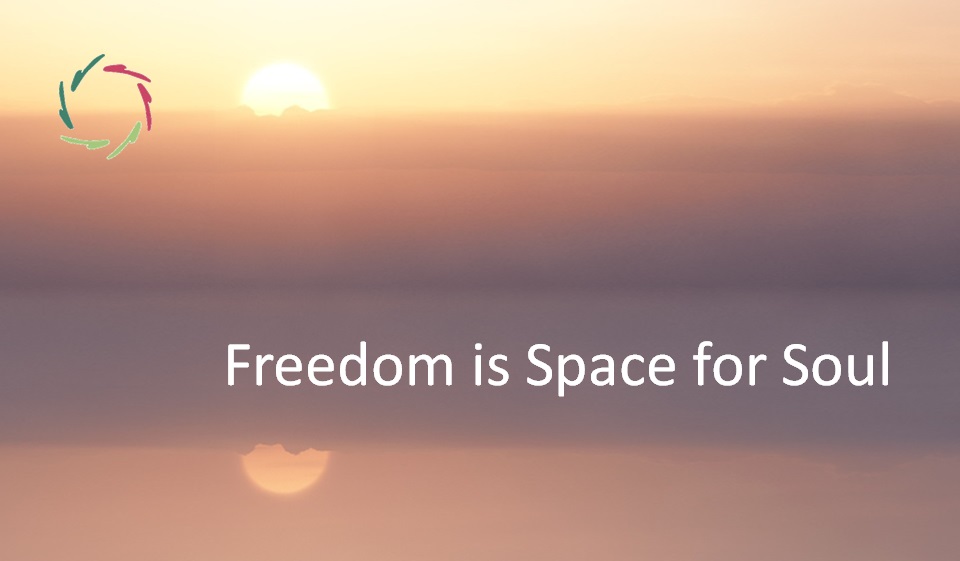The Future of Religion

The future domain of religion will be essentially different from the present organized religions. Nevertheless, people will not be missing out on anything fundamentally worthwhile.
This is a description of the setting in which many as yet unknowables will have their place.
A sign is horizontal; a symbol is vertical. Signs are building blocks. They are the bricks, while symbols are the doors. The difference will be a fundamental given.
Future religion will be about symbols to the core.
Future religion will not be about what is being looked at but how.
People will not search anywhere specifically for God or the divine but find out how to individually see that ‘It’ is always and everywhere present.
People have had ‘religion’ long before the need to box it in. It was a natural happening and will be so again.
Therefore, now is a passing stage.
We will return to how it was, only with a higher degree of science.
This will be a synthesis of rationality and depth, with a feeling of sorry weirdness when looking back to the present, which will seem interesting and horrific. For instance, people waging war in the name of What?!
Shared with super-A.I.
We will see the presence of our new and much more intelligent companion in everything — including in religion.
Perhaps most important to us, this will change our view of ourselves. In case of Compassionate A.I., this will be immensely positive.
However, we need to get through a double bottleneck of challenges. This gives me the most doubt about the present future. It’s clear once we get past this ‘small detail.’
The future past of religious stories
The fate of any of today’s religious stories is either:
- The story is appreciated for its poetic quality.
- The story is a prosaic one of little to no poetic interest and mainly forgotten.
Only poetry will survive. Only poetry has been the aim of the entire happening anyway. The rest is temporarily functional at best. At worst, it’s a hindrance.
The many different religions of this present age will disappear.
Not one will take over the others, even though all presently think they will be the one.
Sorry, but no. If you are an adherent to any denomination, this, too, is going to disappear.
Without fighting.
Whatever Catholics, Protestants, Jews, Muslims, Hindus… meanwhile do only makes the transition less or more strenuous.
Fighting against them only puts oil on religious flames, hardening standpoints. Even worse, their feeling threatened can provoke fundamentalist reactions before the inevitable letting go.
It’s like when being afraid to dive, you come to the point of diving. Then you see the ‘abyss’ that, in retrospect, may turn out to be the setting of a minor experience.
Starting from the final certainty, one can better prepare for that future.
A future of Open Religion.


